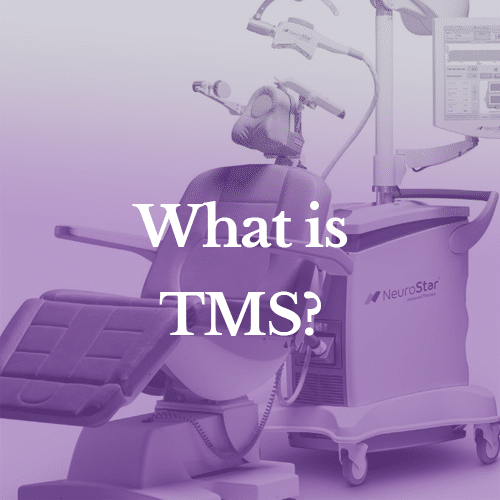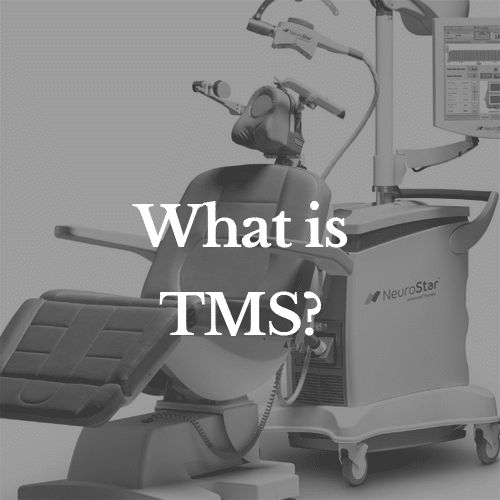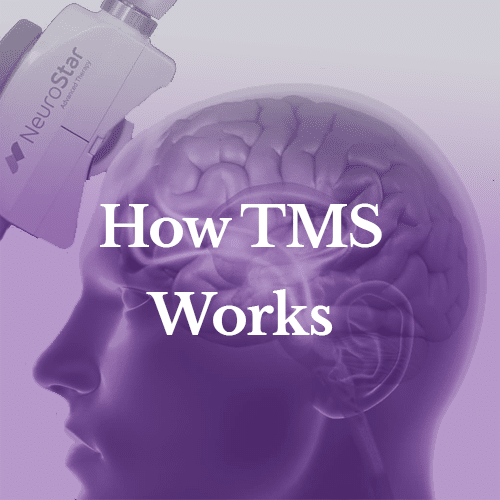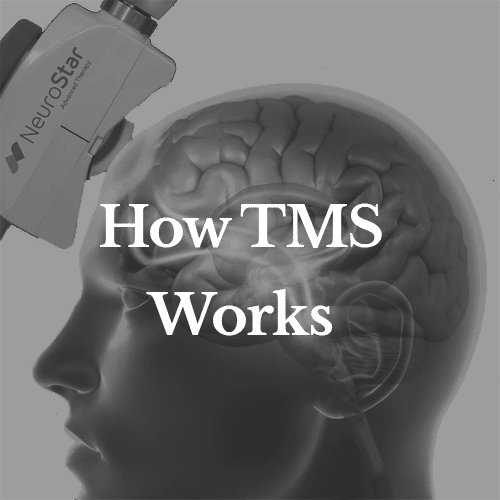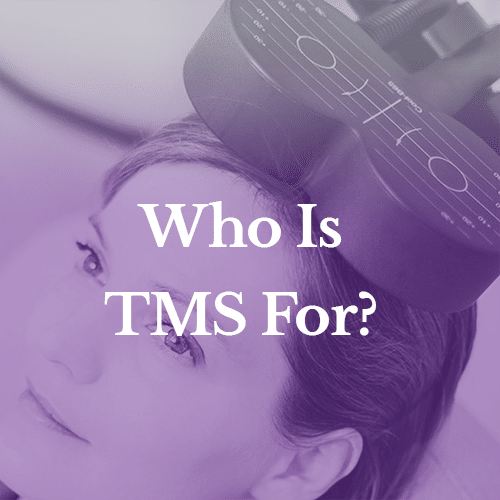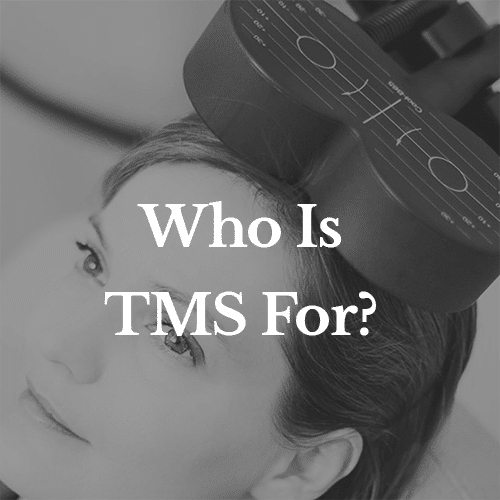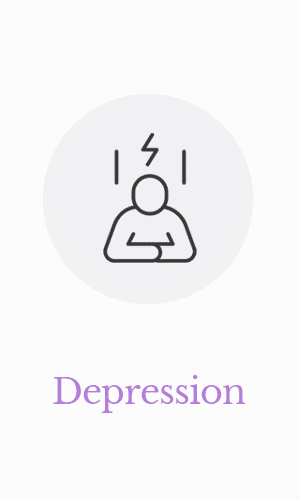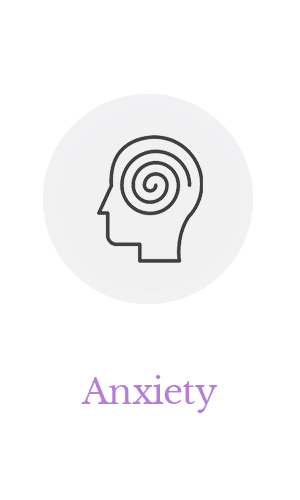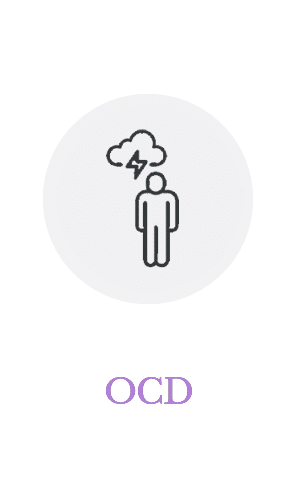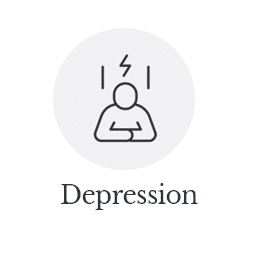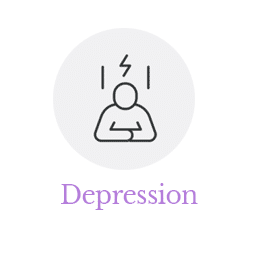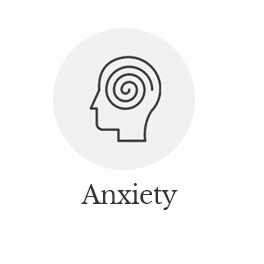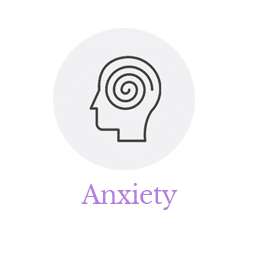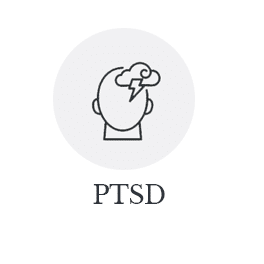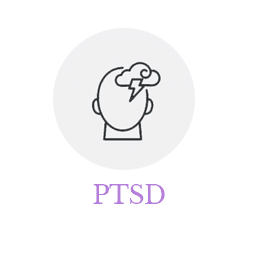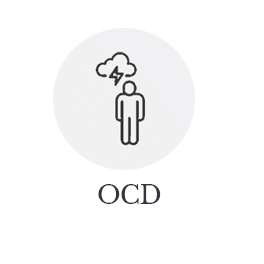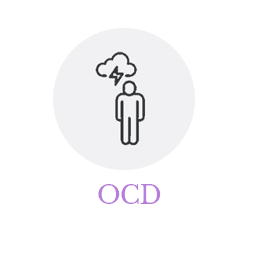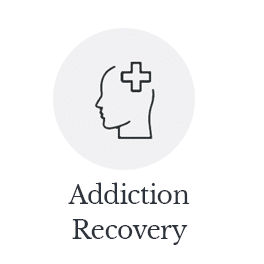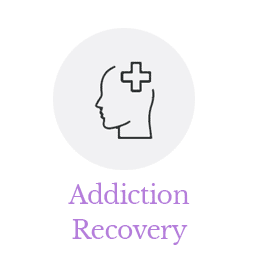Depression can be devastating because of how much it impacts your health. But the same condition can also affect your cognitive function, mainly related to memory loss.
For the more than 20 million adults in the United States experiencing depression, experiencing this symptom can be devastating. As if the resulting mental health struggles weren’t enough, confusion and forgetfulness can make patients question themselves and further impact their daily lives.
Understanding the correlation between depression and experiencing memory loss and how to address the issue can be a core piece of the puzzle on the road to recovery.
What Research Says About Depression and Memory Loss
Most research has traditionally focused on the broader adverse effects of depression. But in the past decade, an increasing number of studies have specifically honed in on how that depression might affect patients’ memories:
- A 2013 study in the Journal of Behavioral Brain Research found students struggling to complete mental tasks related to recall, concluding that depression can cause memory loss.
- A 2015 study in the Journal of Cognition and Emotion found that depressive tendencies related to mood swings could reduce working memory capacity, replicating the results over multiple samples.
- A 2018 study in the Journal of Psychological Medicine found a difference between subjective and objective memory loss. While patients suffering from depression may not think they are losing their memory, objective tests showed it to be true.
Importantly, studies have mostly found an impact on short-term memory loss. For most patients, successful treatment for depressive episodes resulted in a return of their cognitive abilities. In other words, while memory loss is undoubtedly concerning, successful treatment for depression can also help the patient recover their cognitive function and prevent severe memory loss.
Sleep Deprivation and Memory Loss
Failure to get enough restful sleep is commonly linked to a lack of executive function. At the same time, people struggling with depression have less restful sleep, changing their sleeping habits to either sleep too much or too little and developing fatigue in the process.
The equation, then, becomes simple: the depression that leads to less well-regulated sleep can cause memory issues, especially when it comes to visual memory. Research has shown that patients who fail to get consistent sleep, between seven and nine hours every day because they are depressed, will more likely suffer from impaired short-term memory.
As a result, managing memory loss due to sleep deprivation necessarily means prioritizing sleep regulation. Setting consistent sleep routines and times and identifying why falling asleep or waking up at a set time is difficult are essential first steps towards fighting the symptom and moving towards recovery.
Antidepressants Affecting Memory Loss
People with depression often turn to antidepressants to manage the symptoms. Professionals recommend many of these drugs as an early solution to the problems depression can cause. However, some of these treatment options can also play a role in developing short-term memory loss.
For example, one study found that SSRIs like Celexa, Prozac, and Zoloft can lead to patients with no history of memory loss developing symptoms of confusion and issues with recall. Others have made similar findings when examining patients with depression. Some studies have even linked the use of antidepressants with a risk of developing severe memory problems in the form of dementia.
This does not mean that antidepressants, which have helped countless patients struggling with the symptoms of depression, are inherently unsafe. Some antidepressants can help improve memory and especially treat depression-related symptoms like sleep deprivation.
But it does mean that patients should take care and consider all sides when managing their depression symptoms. Most importantly, they should confer with trusted professionals on these drugs and their potential side effects. There may be other treatments available that don’t come with the same concerns.
Is Memory Loss from Depression Permanent?
If you or someone you love are struggling with depression-related memory loss, there is some good news: research has not suggested that this is a permanent condition. The effects on the brain tend to be temporary and subside once the patient finds an effective treatment method to manage their depression.
There is one caveat to this statement. In adults older than 65, some research has begun to show that chronic depression might predispose patients to dementia in the near future. That research will still need further exploration to confirm, but it certainly increases the potential urgency of treating depression before those long-term effects can begin to develop.
Of course, every case is unique. Solving these issues (and the resulting memory loss) may be more difficult if sleep rhythm problems are ingrained into a patient’s daily routine. But, the general truth remains that when patients receive timely treatment for their depression, their issues with short-term memory loss tend to be temporary as well.
Find Help for Depression with Inland Empire TMS
When you struggle with depression, regardless of its severity, you need a trusted professional by your side who can guide your recovery. However, there are times when the typical treatments—like antidepressants—are no longer effective. In that case, Inland Empire TMS can help.
Our services focus on patients for whom every other option for managing their depression has simply not worked. We offer Transcranial Magnetic Stimulation (TMS), an FDA-approved technology designed to treat depression that has proven resistant to any other type of treatment.
With no systemic side effects from our TMS therapy, memory loss may soon be a thing of the past.
Are you or a loved one struggling with memory loss due to depression? Do you feel like you’re out of options and desperate for long-term relief? In that case, we can help.
Contact us to learn more about our choices and how we can help you on the road to recovery.

